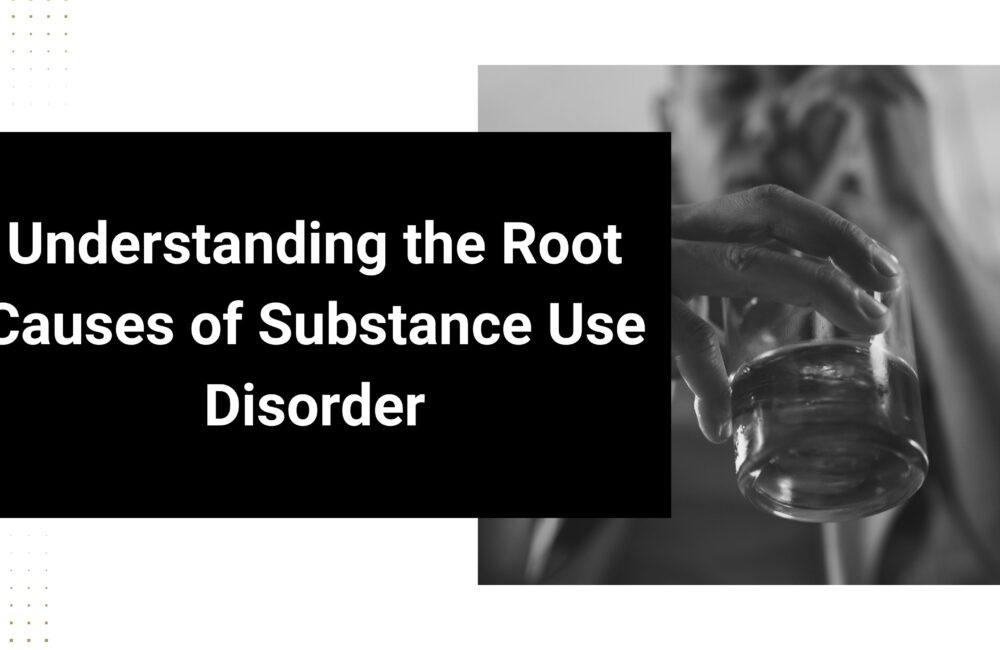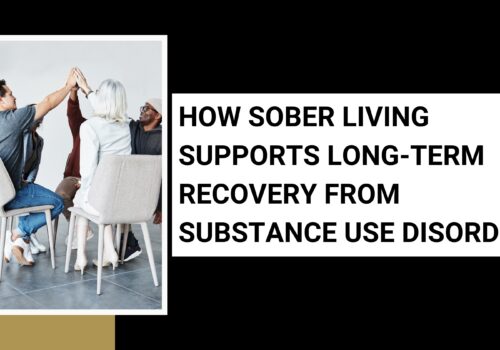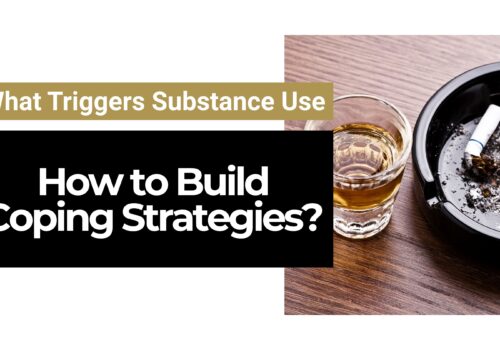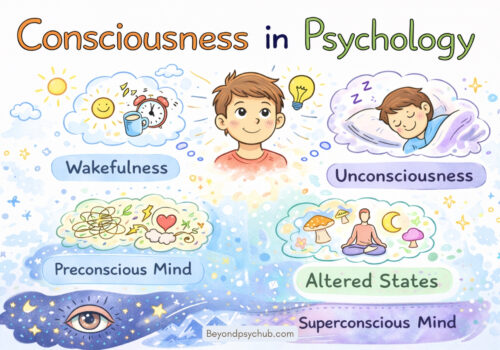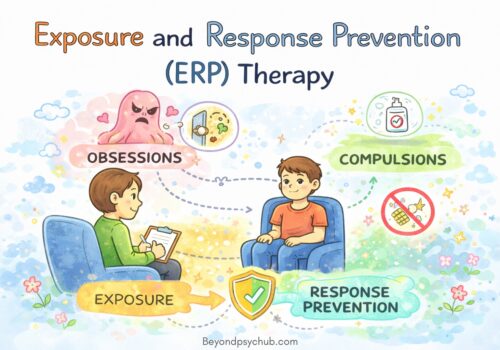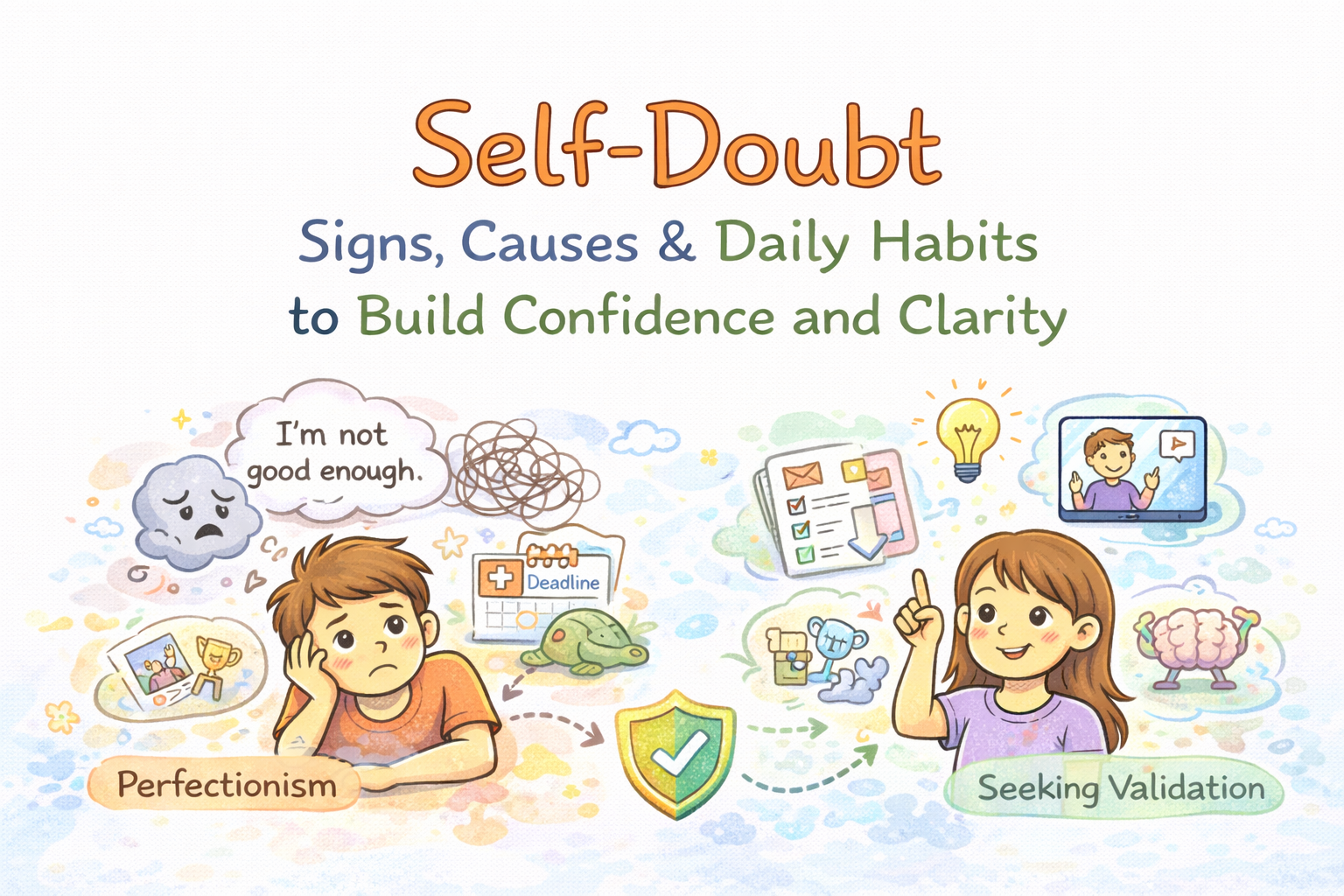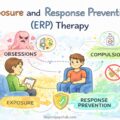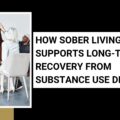Substance use has the destructive power to take away the experience of life. Not only does it adversely impact a person’s well-being and relationships, but it can even lead to many premature deaths. While we more or less understand these impacts of substance use, we often ignore or overlook how it can take root.
For many years, substance use was considered to be a moral failing. Now, we know differently. Understanding the root causes of substance use disorders or addiction can go a long way in treating the condition, as a one-size-fits-all approach leaves the care a person needs incomplete and ineffective. In this article, we will explore the underlying reasons for substance use disorders to better understand how they develop and the road to recovery.
What is a Substance Use Disorder?
Substance use disorder (SUD) is defined by a persistent and compulsive need to use alcohol, drugs, or both. While substance use begins small, it can easily spiral into addiction and dependence, as psychoactive substances trigger the reward centers in the brain and can make the whole experience immensely pleasurable. But this only lasts for a very short while. Over a period of time, substance use changes brain chemistry and functioning, making the substance the priority and taking away from the experience of life.
When substance use comes first in life – it takes away from your health, relationships, career, and the various other aspects of life that give it color and joy. You begin to think and behave in ways you may not have considered before – for instance, engaging in high-risk behaviors, damaging relations, and getting into legal entanglements, among others. Substance use does not remain a choice; it becomes a need, and overcoming this need all on your own to build a new life centered around sobriety becomes difficult.
The Science of Addiction: How SUD Develops in the Brain?
Biological and Genetic Risk Factors – Yes, substance use has biological and genetic components. Nearly 50% of the risk for alcohol or drug addiction comes from genetics. For instance, children whose parents struggle with alcoholism are 4 times more likely to develop alcoholism themselves.
Psychological and Emotional Triggers – Substance use and mental health conditions tend to co-occur more than 25% of the time. While it cannot definitively be said that one leads to the other, both feed off and worsen each other like a vicious cycle. Substance use co-occurs at a high prevalence rate with psychological and emotional conditions like anxiety, depression, trauma, personality disorders, and schizophrenia, among others.
Environmental and Social Influences – Growing up in a home where alcohol or drug use is common and normal, children tend to view substance use as nothing out of the ordinary. Other factors like stress, diet, and lifestyle can also add to the risk of substance use disorders. In fact, there is an intricate interplay between genetics and environment where genetics definitely play a role, but the environment you live in can either act as a buffer or compound its effects.
Cultural and Community Impact – In cultures and communities where alcohol or drug use is normalized and even glorified, substance use is common. If this is the case, you might think that where there are stringent norms surrounding substance use, it will not be as common. Unfortunately, no. Even then, alcohol or drug use can be an act of rebellion – especially among teenagers and young adults. So, while culture does make an impact, how open a community is toward those seeking recovery can also make a positive impact.
Why Understanding Root Causes Matters for Recovery?
Substance use disorders have different underlying reasons – there is no one gene or trigger that leads to it. Anyone can become addicted to alcohol or drugs, and no one person’s path toward them is the same. Similarly, their recovery journey is also going to be different.
As substance use has many root causes, a one-size-fits-all approach to recovery just does not work. That’s why individualized care, including evidence-based programs such as alcohol rehab, plays a critical role in long-term recovery. As a mental health specialist will tell you, it is basically a combination of detoxification (detox), psychotherapy, medication, and social support that will play a role in a person’s journey toward sobriety and health. For instance, a new innovation in the field of addiction recovery is trauma-focused care. It shifts the perspective from understanding, “What is wrong with you?” to “What is it that happened to you?” By uncovering the role that trauma can play in addiction, a tailored care plan can be developed to change the patterns leading to substance use.
When we understand how one develops addiction, the hope and path to recovery are always present, albeit it is going to be diverse. Therefore, mental health practitioners seek to understand the root causes to better deliver care that is not only effective but also relevant.
What You Can Do: Prevention and Intervention
While substance use can affect anyone, prevention is always possible. Prevention begins with education – it is education that plants the seed of knowledge that can take root and nip addiction even before it begins. It has the power to change the narrative surrounding the glorification of alcohol and drug use. But education must begin early – at home and in educational institutions.
With education, creating an open culture toward substance use is also required. There is a stigma that surrounds addiction and addicts as if it were a moral failing. But this is far from the truth. When society emerges out of these biases and prejudices, a safe and open environment can be developed where people feel okay to have conversations about alcohol and drug use. It does not have to be big right away – it can begin at your home, in your community.
Finally, being aware of how addiction develops and the signs and symptoms of addiction, you can get yourself or a loved one the care they need and deserve early. Early detection and intervention of SUDs enhance the outlook, prevent the condition from worsening, and can even reverse many health complications.
Final Reflections
While the root causes of addiction are often overlooked in the conversation surrounding addiction – which can become too controversial and too fast, it is in understanding these root causes that gives a person a fighting chance against the vicious cycle of substance use and toward a journey of recovery.
Substance use disorder treatment has increased by leaps and bounds today, and a major credit for this goes to understanding the underlying patterns leading to substance use. This is how tailored care options have been helping millions to recover from addiction within a non-judgmental environment to carve a brighter future for themselves and their families, free from the grip of all substances.
Frequently Asked Questions (FAQs)
Can trauma lead to addiction?
Yes, trauma can lead to addiction. Hence, there is an emphasis on trauma-focused care, which is centered on identifying and healing the role of trauma in addiction.
Is addiction hereditary?
Heredity carries a 50% risk for addiction.
How can you tell if someone has a substance use disorder?
When substance use takes priority over all else in life and hinders daily life and functioning, it can be said that a person has a substance use disorder. However, a formal diagnosis is needed for detection and recovery.
What is the most common cause of substance abuse?
There is no one common cause of substance abuse. Typically, a combination of factors like genetics, environment, mental health, culture, and community play a role in the same.
Can mental illness cause substance abuse?
Yes, mental illness can lead to substance abuse.
Author bio:
Dr. Ryan Peterson is a board-certified physician specializing in pain management and addiction medicine. With personal experience in recovery, he is dedicated to helping patients overcome substance use and manage pain with compassionate, personalized care.


